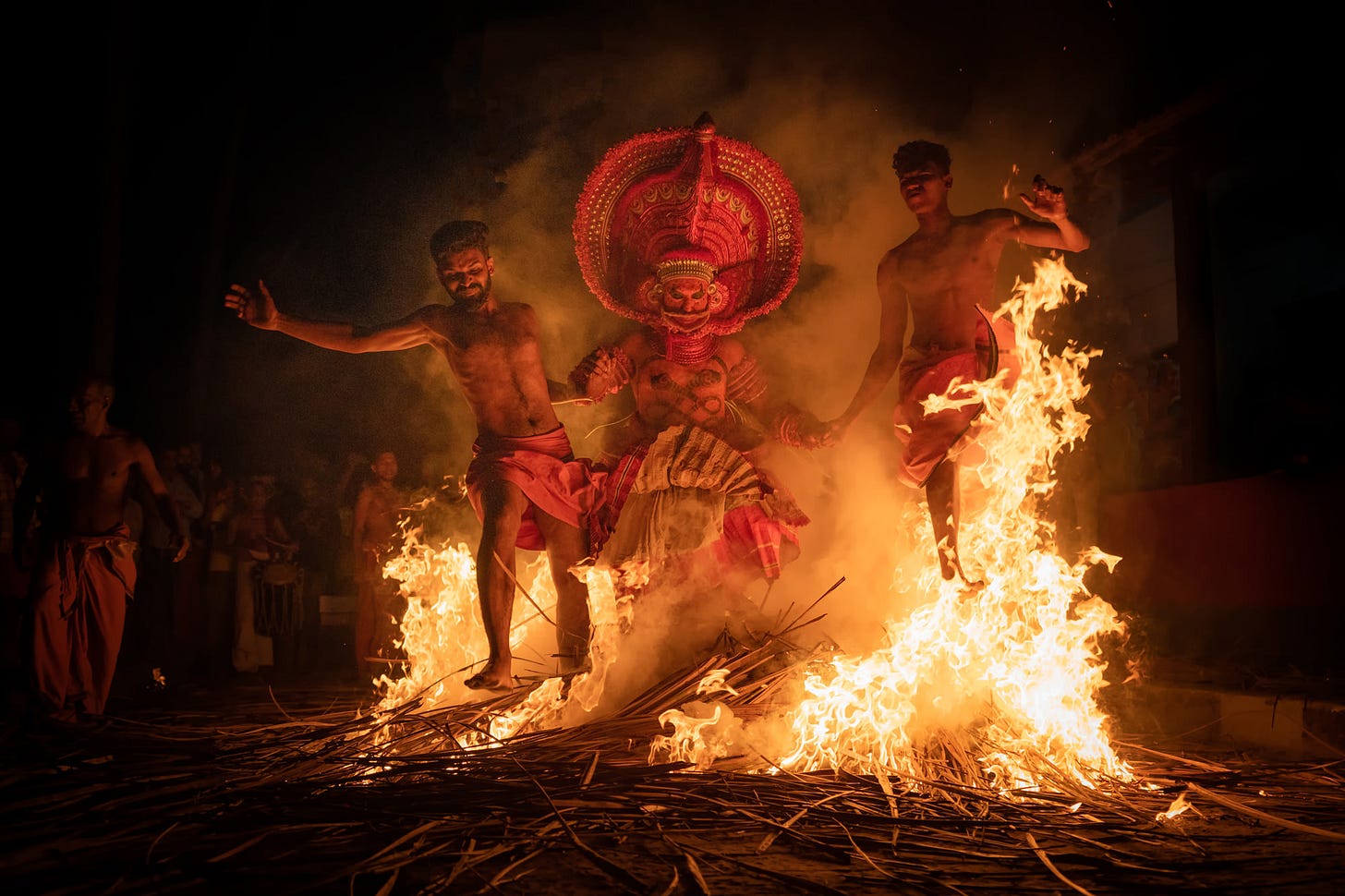When Rituals Transcend Religion
Importance of Rituals in the Enrichment of Human Experiences
The complexities of various religions have isolated them as institutions far superior to the intellectual acuity of people in general. The religious psychobabble alienates people from the mysticism of religion. God seems inaccessible. God is but a suspended paraphernalia of consecrated objects employed on occasions by holy men to display the might of the institution to which they pledge their loyalty, almost like countries flaunting their nuclear warheads. God is unrelatable, and so are his holy men. So, we, the people from whom God is so distant, devise our mechanisms to travel close to him. Now God becomes a celebrity to orbit around and fixate on as an escape from our repetitive lives. God is a cultural image to blame for the deficiencies of our ego, to surrender our sorrow, and to seek pity for our circumstances. A place for absolution, a place where every sin is dissolved, and we are freed f…



